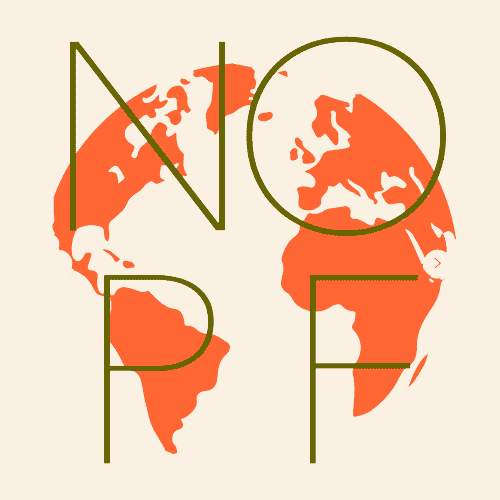Event Type
Poet and Elizabeth Bishop scholar Lloyd Schwartz will talk about Bishop as a translator (Paz, Drummond). “Bishop was a great translator, both accurate and profoundly poetic and skillful. Octavio Paz said that her translation of his poem "January First" was better than the original”. Paz also translated Bishop’s poetry into Spanish – we will discuss how different these approaches were. Poet and translator Mary Jane White will talk about translatability of Marina Tsvetaeva’s work. “To write poetry is already to translate, from the mother tongue into another --- whether into French or German is of no moment. No language is the mother tongue. To write poetry is to translate.” Marina Tsvetaeva’s letter to Rilke of 6 July 1926. Marina Tsvetaeva was born in Moscow in 1892, and began to publish in her teens, to multiple good reviews by Russian literary critics. She was a working contemporary of Anna Akhmatova, Osip Mandelstam, Boris Pasternak and Rainer Maria Rilke, all of whom were important to her as rival, lover, correspondent and mentor, respectively. Translator Margo Shohl will talk about Anna Akmatova’s deceivingly “simple” late elegies and their translatability. “The later poetry of Anna Akhmatova is just as steeped in nouns and often as deceptively simple as her early, incredibly spare lyrics. But with the perspective of a lifetime— from a Petersburg youth in Tsarist Russia through the most harrowing experiences of the Soviet twentieth century—her poems gain resonance to the point where she seems almost the very Symbolist poet her modernist movement reacted against. Where does one turn, what principles does one live by, in order to bring into a very different culture poems whose apparently light lines bear such weight?” Poet and essayist Irina Mashinski, whose first ever Russian-language book on Elizabeth Bishop, with translations and renditions of her poems, is coming out in 2025, will talk about bringing Elizabeth Bishop into Russian. We will reflect on the unique aspects of Bishop’s vocabulary, timing, tone, and composition – and on translatability of this unique voice. Osip Mandelstam famously said, "Do not compare: what lives is incomparable.” And yet it is interesting to see how these aspects of Bishop’s poetry relate to Tsvetaeva’s precision of form, as well as to the reserved tone of Akhmatova’s late elegies. Q&A.
